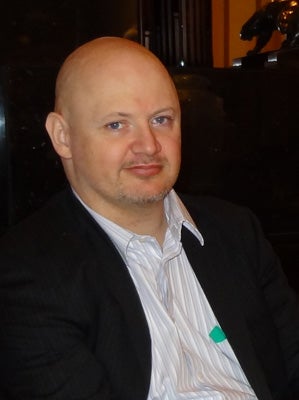
I’ve been very fortunate to have had the benefit of many great friends, much wise counsel and significant opportunities in life. Looking back, in what seems almost a lifetime ago, I was faced with a decision that continues to face many Australians today. To ‘speak up and play apart in bringing about positive change’ or ‘let it go, and get on with life’. Funny thing is even now I can remember literally the moment I was told that because of my disability my graduation experience would be materially different to that of my graduating class (I was in first year). Ironically, the philosophy of the University degree I was studying that said ‘all people should enjoy fundamental civil, political, economic, social and cultural rights’.
I wanted to be a part of my graduating class - get robed as a part of my graduating class, enter and leave as a part of my graduating class, sit with my graduating class and celebrate with my peers. But as a graduate in a wheelchair, this wasn’t possible for me. I knew my rights under the DDA, that I was entitled to the same opportunities as those without disability, so I formed a complaint and won under Queensland legislation. I know that because of my action, many universities and schools took note of that experience and accepted that past exclusionary practices (both physical and emotional) needed to change.
I think one of the biggest reflections for me has been the difference one voice can make. That responsibility sits with us all regardless of age, sex, race or disability; recognising and respecting the inherent value and dignity of all people. It’s not just about ramps and railings, Braille and hearing loops (all of which are critical). It’s about the basic human right to belong to a family, to a circle of friends, to a community, to a country.
There have been great changes over the past 20 years, but we can do better. I look forward to what can be achieved in the next 20 years.